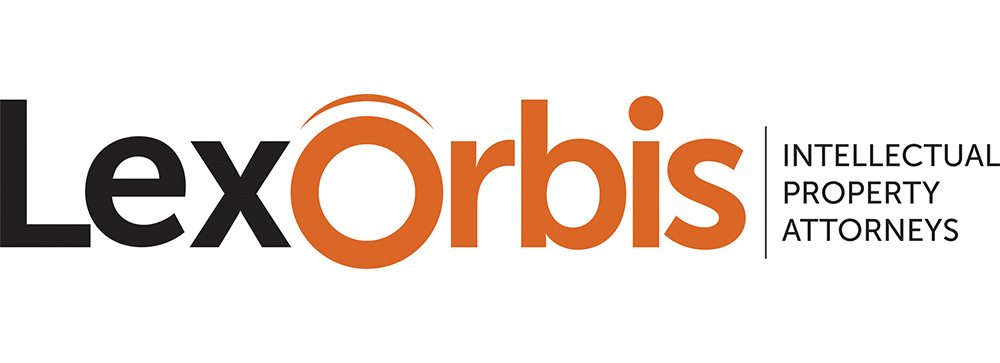A patent enshrines not only a bundle of rights given to an innovator or inventor, but also provides them with a timeframe for monopoly as given under the Agreement on Trade Related Aspects of Intellectual Property Rights (TRIPS) regime.
TRIPS also provides for the concept of “compulsory licensing”, the mechanistic formula in order to check the abuse of patent rights, especially by pharmaceutical giants, which flows from the rigidity of a country’s patent system.
The following is a brief overview of compulsory licensing as practised in India.

LexOrbis律师事务所
首席律师
Principal Associate
LexOrbis
Licence: the last resort
A compulsory licence (CL) is a statutory licence provided by the government by way of which a generic company is allowed to manufacture and sell a generic version of the patented drug at a cheaper price. The sale of this generic drug is generally a move opposed by the patentee.
The controller of the Patent Office can decide, on a case by case basis, whether the patentee will receive royalties for sales of the generic drug as per section 87 of the Indian Patent Act, 1970.
Seeking a grant of a CL is considered as a last resort, made only once prior attempts to obtain a voluntary licence from the patentee have failed.

LexOrbis律师事务所
律师
Associate
LexOrbis
Once the manufacturer of a patented drug does not agree to permit a voluntary licence to the generic manufacturer, the generic company must, as per the statutory requirements, prove three contentions when seeking a CL.
They must prove that, three years following the grant of the patent in question: 1) the patented manufacturer is not able to make the patented invention available to the public; 2) the patented invention is not available at a reasonable price; or 3) there has been a lack of working of the patent within the territory of India.
Step back into history
The first CL ever granted in India was to generic drug manufacturer Natco for the patented drug Nexavar in 2012.
Natco filed its request for the CL under the provisions of section 84 of the Indian patent law, after it unsuccessfully approached the patentee for a voluntary licence for the drug. The innovator companies themselves held a wealth of patented inventions, specifically pharmaceutical drugs, hence, dreading that the CL for a generic Nexavar, as the first CL to be enforced by India, would put them in loss considering that they spent a huge sum of money on inventing the patented drug. The grant of this CL was thus vehemently opposed by the innovators and the pharmaceutical giants, who felt that India was an “anti-patent” enthusiast.
Under scrutiny
Ever since the CL for Nexavar was granted, India has been under the scrutiny of developed nations and multinational pharmaceutical companies for bias toward its generic drug makers.
However the grant of CL to Nexavar is in total compliance with the international rules as provided by TRIPS.
The Patent Office also demonstrated extreme caution while proceeding with the grant of the CL so as to benefit the public and assure that the innovators would be encouraged to invent more. It was of utmost concern to the office that the interest of the innovators not be hampered with the grant of the CL.
Following the CL grant of Nexavar, three additional CL applications were filed for the patented drugs Dasatinib, Saxagliptin and Trastuzumab by various Indian generic drug makers.
The Patent Office rejected all three applications, citing that they failed to establish a prima facie case for the granting of a CL. The rejections testify that the office places supreme importance in the intellectual property laws of India and guards the rights of the innovators with full force, as well as reaffirming the collective interests of the public at large.
Greater public access
A CL is, at its essence, an unintended contract entered into by an unwilling seller and a willing buyer under the mandate of the state, ensuring that a decent amount of producers or manufacturers of a patented invention are catering to the needs of the society, in turn, spurring competition and consumer welfare.
It has been strongly argued by many that the CL leads to discouragement of innovation and underlying inducement to innovate.
The Nexavar CL raised a number of eyebrows internationally when it was granted because of this apprehension, thereby garnering attention.
But the outcry of the pharmaceutical companies against CLs imply their intention to usurp important and vital supplements for human life with the sole aim of monopolizing and profiting from them.
Potential R&D roadblock?
India is home to a massive pharmaceutical industry, ranking third worldwide in terms of production volume. And the pharmaceutical industry thrives on patents with the majority of the Indian pharmaceutical industry engaged in manufacturing and producing generic drugs.
The research and development (R&D) is unevenly low when compared with other countries. This is despite an alarming growth rate in foreign pharmaceutical houses investing in India.
The country needs to produce more cutting-edge R&D solutions to technologies and brands so as to enable a meaningful CL procedure that creates better access to essential drugs, domestically as well as internationally.
In contrast to the usual misconception that a CL impedes innovation, employing CLs would serve as an impetus for growth in the pharmaceutical industry, thereby topping the charts for R&D in the country.
Legislative intention
Behind every law the main intent is to provide for public welfare. Harbouring similar intentions, a CL would promote access to medicine, thereby promoting public health and welfare.
Neha Mittal is a principal associate and Divya Srinivasan is an associate of LexOrbis
709/ 710, Tolstoy House, 15-17 Tolstoy Marg New Delhi – 110 001 India
电话 Tel: 91 11 2371 6565
传真 Fax: 91 11 2371 6556
电子信箱 E-mail:
neha@lexorbis.com
divya@lexorbis.com
www.lexorbis.com






















